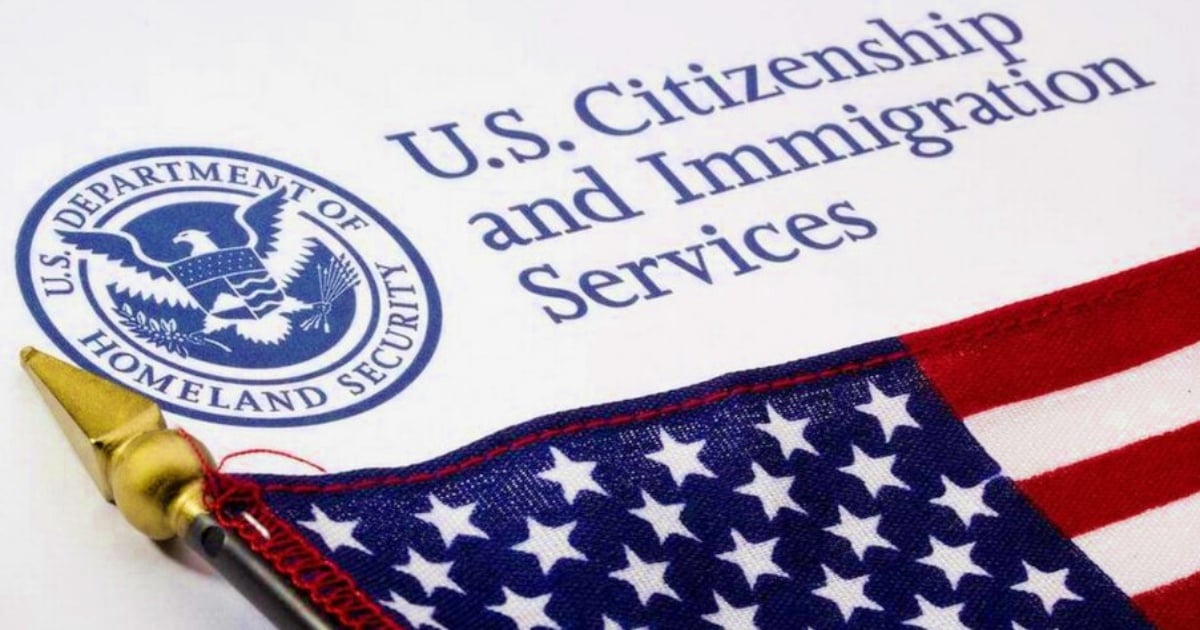
Immigration authorities are already warning about the first scams related to the so-called Parole in Place (PIP), which will grant temporary legal status to undocumented spouses and adopted children of U.S. citizens.
Although applications cannot be initiated until August 19, cases are already emerging of scammers contacting potential beneficiaries with the promise of speeding up the process.
“They are going to call people and maybe send them an email or a text and they will assure them that there is a special access or that they have some program that can help them submit applications right now, but of course, they will have to make some kind of payment and that’s where the scam is,” said Gema de Las Heras, a consumer education specialist at the Federal Trade Commission (FTC), in statements to Telemundo 52.
"If someone is promising you that you can make a request now or that you can get on a special list, it is a lie and you should know that you are dealing with a fraudster," De Las Heras added.
The FTC warned that it must be understood that applications will not be accepted until August 19, and there is no way to expedite the process.
The other clarification, always relevant, is that immigration forms are free.
The measure, announced by the Biden Administration on June 17 - from which eligible Cubans will benefit - gave great hope to hundreds of thousands of families with mixed immigration status, as it will provide temporary legal status and a pathway to citizenship for around half a million undocumented immigrants married to U.S. citizens, and about 50,000 undocumented minors, children of those families.
To obtain accurate information about any law or immigration process, it is advised to go directly to the website of the immigration service uscis.gov/es.
Immigration authorities advise that if information is received from any source other than an official channel, citizens should not trust it because it may be a fraudulent page.
Anyone who believes they have been a victim of immigration fraud can report it to the FTC at reportefraude.ftc.gov, or they can call 877-382-4357 and press number 3 to receive assistance in Spanish.
What do you think?
COMMENTFiled under: